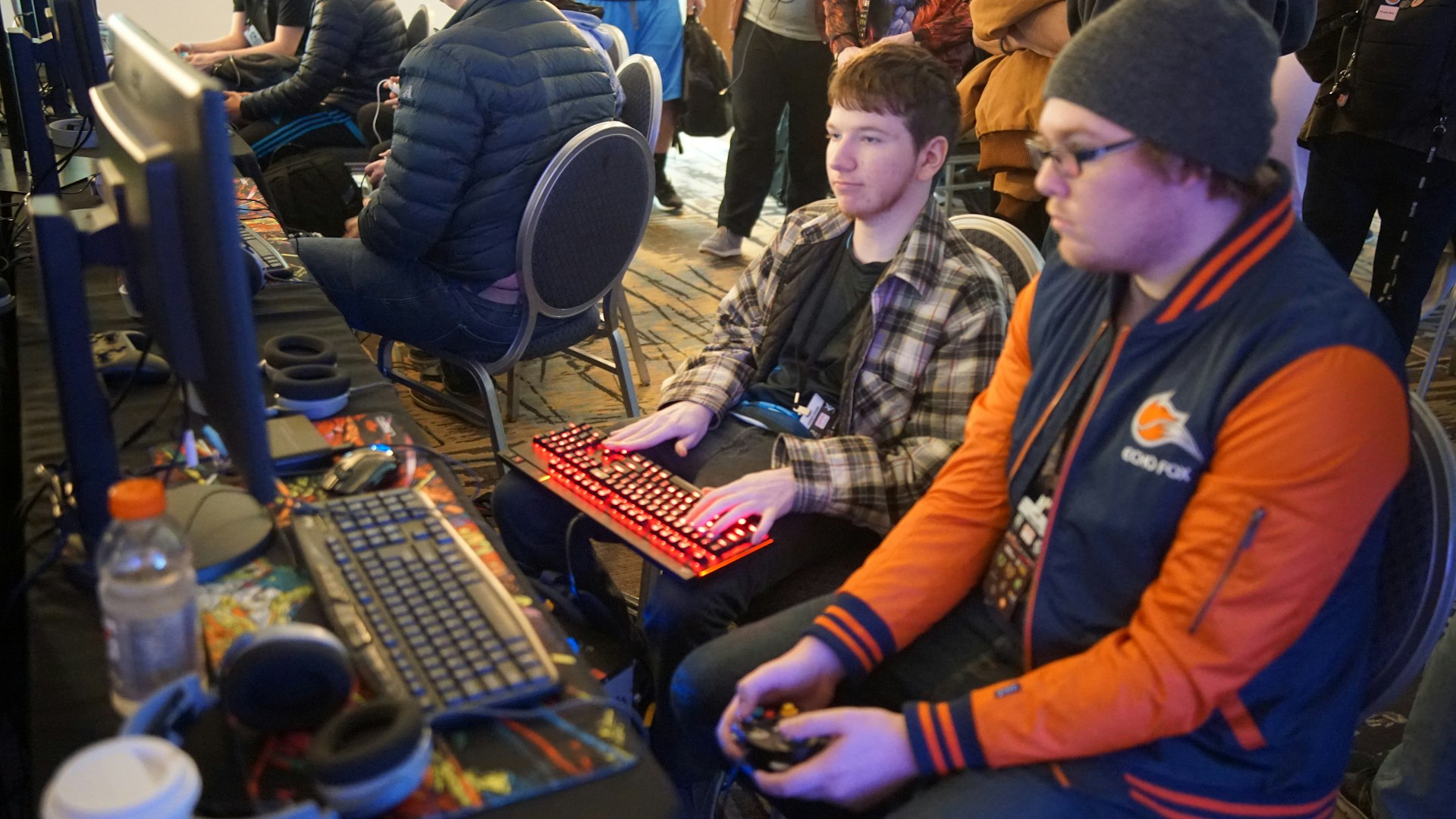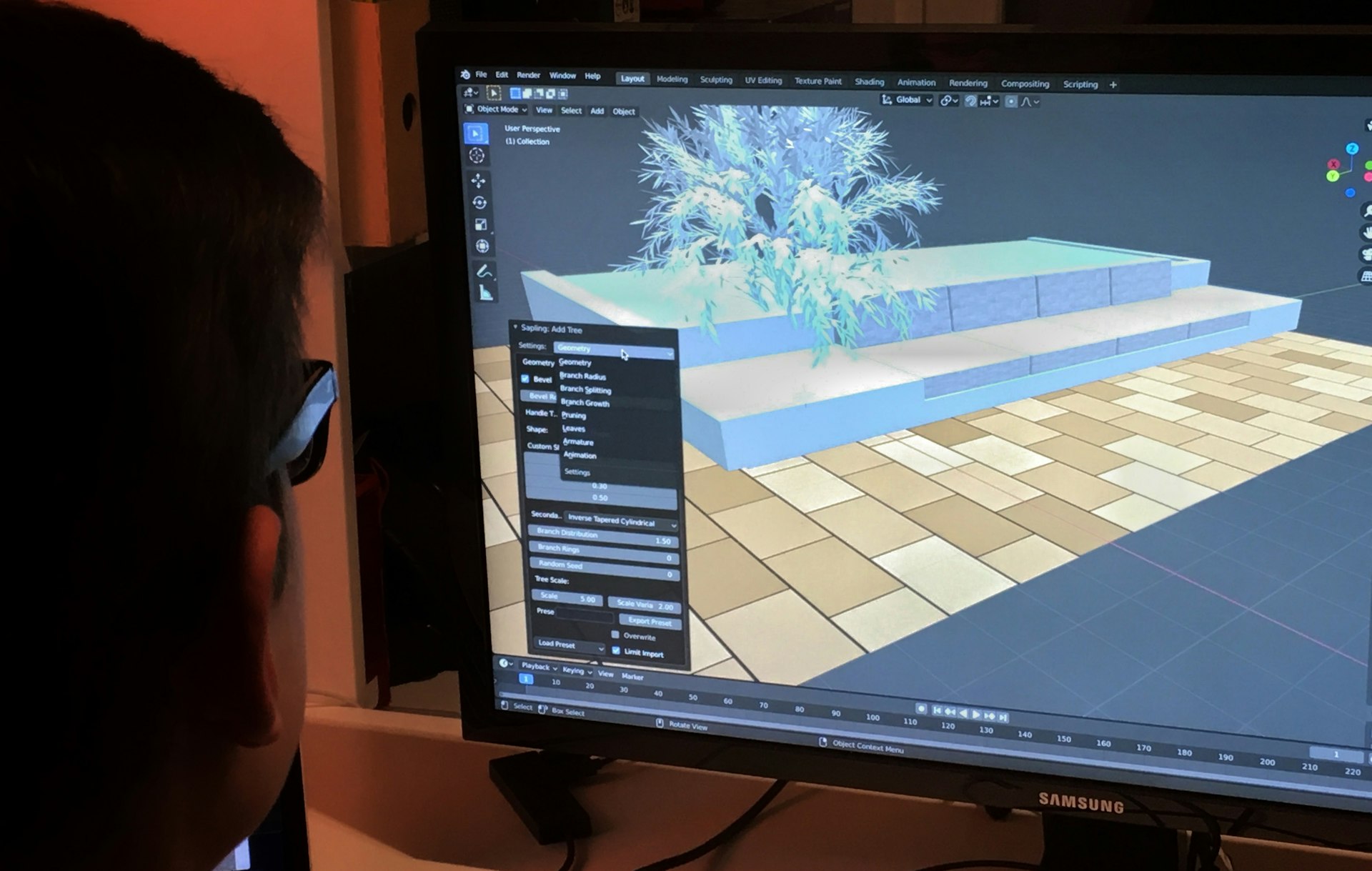Step-by-Step Guide to Obtaining a Gaming License: Requirements, Procedures, and Best Practices

Photo by Stem List on Unsplash
Introduction: Understanding the Importance of a Gaming License
Securing a gaming license is a critical first step for anyone looking to operate a legal gambling or online gaming business. A gaming license not only legitimizes your operation but also ensures compliance with regulatory standards, instills trust among players, and opens doors to partnerships with payment processors and software providers. However, the process can be complex, varying significantly by jurisdiction and type of gaming activity. This guide provides a comprehensive overview of how to obtain a gaming license, covering key requirements, practical steps, challenges, and alternative pathways.
1. Assessing Your Needs and Choosing the Right Jurisdiction
The first major decision is selecting the jurisdiction in which you wish to be licensed. Different regions have unique legal frameworks, costs, and application requirements. For example, jurisdictions like Malta, the United Kingdom, and Curacao are well-known for licensing online casinos, while U.S. states such as Illinois regulate land-based and video gaming terminals separately. Your choice should be guided by your business model, target market, and available resources.
Key considerations include:
- Type of gaming activity: Online casino, sports betting, lottery, or land-based operations.
- Reputation and acceptance: Some jurisdictions have licenses more widely accepted by banks and payment processors.
- Taxation and regulatory fees: Costs and ongoing obligations can vary greatly.
- Timeframe: Some regions process applications faster than others.
Research official government sites or consult established regulatory authorities for the latest information on recognized licensing bodies in your intended jurisdiction. For example, in the U.S., state gaming boards such as the Illinois Gaming Board (IGB) set requirements and oversee the licensing process [2] .
2. Legal Entity Formation and Business Registration
Most jurisdictions require the applicant to operate through a locally registered company. This involves incorporating a business entity and, in some cases, registering trademarks and securing a physical presence or hosting servers within the region. Typical steps include:
- Registering a company with the appropriate authorities in the chosen jurisdiction
- Ensuring local representation or a registered agent as required
- Setting up local bank accounts for business transactions
Having a compliant, well-structured business entity is essential for the application process and future regulatory inspections [1] .
3. Preparing Documentation and Meeting Eligibility Requirements
Applicants must provide a comprehensive set of documents. Requirements typically include:
- Proof of identity and residency for all shareholders and key personnel (e.g., passport copies, utility bills)
- Certificate of no criminal record from law enforcement authorities
- Detailed business plan, including financial projections and operational details
- Evidence of funds and banking references
- Information on gaming software to be used, including RNG (Random Number Generator) certificates and supplier agreements
- Policies and procedures for anti-money laundering (AML) and Know Your Customer (KYC) compliance
For example, the Illinois Gaming Board requires applicants to be at least 21 years old, pass background checks, and submit financial and operational documents. Application fees vary by jurisdiction, with Illinois charging $100 for initial application and annual renewal [2] .
To avoid delays, gather documents in advance and ensure all information is accurate and up to date. It is not uncommon for regulators to request additional clarifications or supporting evidence during the review process [1] .
4. Regulatory Compliance and Responsible Gaming Measures
Regulators prioritize responsible gaming practices and require applicants to demonstrate robust systems for:
- Preventing underage gambling
- Implementing self-exclusion tools
- Conducting regular software audits to ensure fairness
- Maintaining anti-money laundering and risk management policies
Prepare documented procedures and consider engaging independent auditors to review your systems. Many jurisdictions require the ongoing submission of audit reports and evidence of compliance as a condition of license renewal [1] .
Practical example: Online casinos seeking licensure in Malta must integrate certified software that supports responsible gambling features, such as deposit limits and self-exclusion options. Applicants should review technical standards published by their chosen regulator to ensure their platform meets all requirements [3] .
5. Submitting the Application and Navigating the Review Process
Once you have gathered all required materials, submit your complete application package to the relevant gaming authority. The review process typically involves:
- Detailed background checks on all stakeholders and key employees
- Verification of submitted documentation and financial sources
- Public hearings or interviews with regulatory officials (in some cases)
- Assessment of your operational readiness and responsible gaming measures
Applicants should be prepared for follow-up questions and requests for additional information. The process can take several months, depending on the jurisdiction and completeness of the application [1] . Engaging legal counsel or an experienced licensing consultant may be beneficial, especially for first-time applicants or those targeting complex markets.
6. License Approval, Maintenance, and Renewal
If your application is approved, you will receive your gaming license, granting you the legal authority to operate within the approved scope and jurisdiction. Licensees must:

Photo by Leo_Visions on Unsplash
- Pay annual renewal fees and submit ongoing compliance reports
- Maintain up-to-date documentation with the regulator
- Notify authorities of significant changes in ownership or operations
- Undergo periodic audits and reviews as required
Failure to comply with ongoing obligations can result in fines, suspension, or revocation of the license. It is important to stay informed of regulatory updates and proactively address compliance issues.
7. Alternative Pathways: White Label and Turnkey Solutions
For operators seeking a faster or less resource-intensive entry to the market, white label solutions may be available. This involves partnering with a licensed platform provider who assumes regulatory responsibility, allowing you to operate under their existing license. While this approach offers speed and simplicity, it may come with limitations on branding, revenue share, and operational flexibility [3] .
Alternatively, some jurisdictions offer “provisional” or “interim” licenses for new operators, enabling them to begin operations while a full application is under review. Review official regulatory resources or consult with industry professionals for guidance on available programs in your target market.
8. Overcoming Common Challenges and Ensuring Success
The gaming license application process is detailed and demanding. Common challenges include:
- Incomplete or inconsistent documentation
- Delays due to background check complications or missing information
- Unfamiliarity with local laws and regulatory expectations
To minimize risks, applicants should:
- Start by thoroughly researching jurisdictional requirements and assembling all necessary documents in advance
- Engage knowledgeable legal or consulting professionals
- Maintain transparency and honesty throughout the process
- Stay proactive with compliance and regulatory updates after licensure
Consider seeking out case studies or testimonials from other operators who have successfully navigated the process in your desired market for additional insights.
Conclusion: Taking the Next Steps
Obtaining a gaming license is a multi-stage process requiring careful planning, thorough documentation, and a robust understanding of regulatory frameworks. By following the steps outlined above, preparing for challenges, and leveraging expert assistance where needed, you can streamline your application and increase your chances of success. For the most current requirements and application forms, visit the official website of your jurisdiction’s gaming authority or consult with a reputable compliance consultant.
References
MORE FROM zestpath.net













